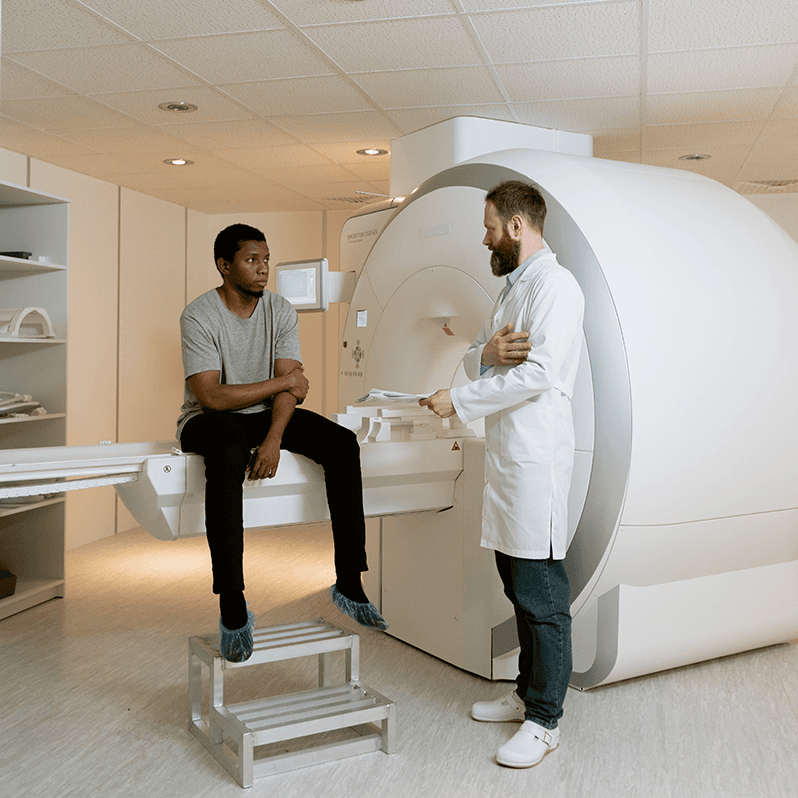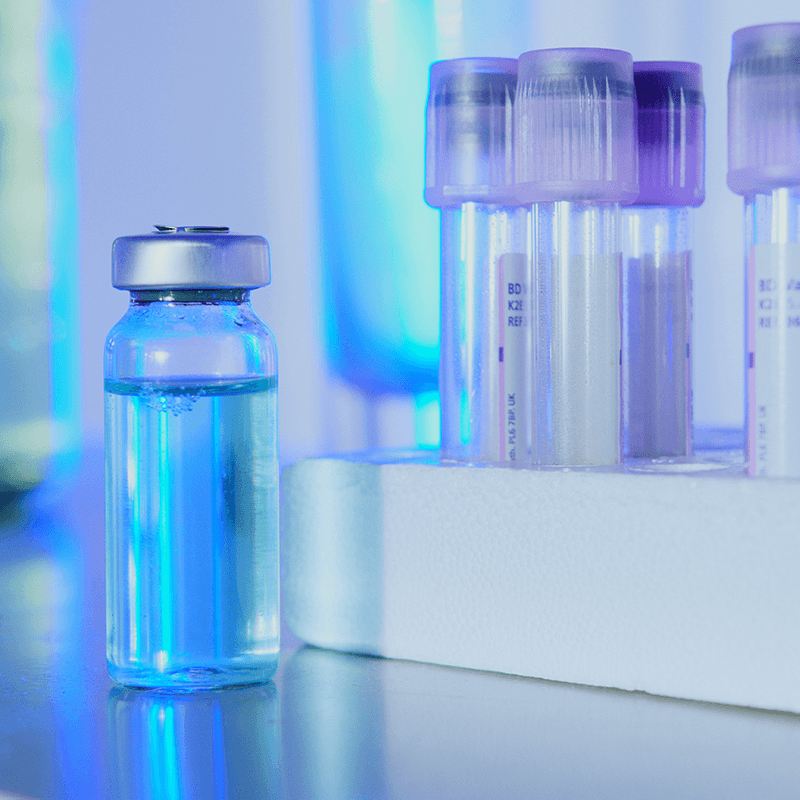About The Industry
The medical technology sector pioneers tools for diagnosis and treatment, elevating global healthcare and patient well-being.
Medical technology, or medtech, is integral to healthcare from birth, aiding diagnostics and treatment through innovations like plasters for minor injuries, glasses for vision correction, and advanced devices like stents and MRI scans for serious conditions. These technologies, developed and manufactured by medtech companies, are central to modern healthcare, revolutionizing disease detection, treatment, and monitoring. They enable less invasive procedures, ensure safer surgeries, and enhance overall patient care and productivity.
In Kenya, embracing medtech can significantly elevate healthcare by integrating state-of-the-art medical devices and diagnostic tools, addressing immediate health concerns, and establishing a robust future healthcare system. Progressive regulatory frameworks, in collaboration with the advancements in medical technology, offer a path to a resilient, accessible, and cutting-edge healthcare infrastructure, ensuring enhanced health and well-being for all.


What is a medical device
A Medical Device is a product, service or solution that prevent, diagnose, monitor, treat and care for human beings.
Medical devices in Kenya, ranging from simple syringes, wheelchairs and bandages to cardiac pacemakers and advanced MRI machines, are classified by risk level and are integral in diagnosing, treating, and managing health conditions. Digital health solutions, part of this spectrum, harness information and communication technologies to enhance healthcare delivery, offering innovative ways for patient monitoring, diagnosis, and treatment optimization.
As an essential component of medical devices, digital health technologies play a pivotal role in advancing personalized, efficient healthcare. They not only improve patient care but also contribute to a more integrated, data-driven healthcare system, underscoring the need for their inclusion in regulatory frameworks to ensure safety, quality, and efficacy in healthcare delivery.


What is an in-vitro diagnostic (IVD)?
IVDs are non-invasive tests used on biological samples, e.g., blood, urine, or tissues, to determine the status of one’s health.
In-vitro diagnostics, IVDs, are medical devices crucial for analyzing biological specimens like blood, urine, or tissues outside the human body, providing essential data for diagnosis and monitoring. These tests guide healthcare professionals and patients in making informed decisions, without having direct physical contact with individuals.
IVDs encompass a diverse array of tests, including clinical chemistry for organ function, immuno-assays for infectious diseases, molecular diagnostics for genetic analysis, haematology for blood conditions, microbiology for identifying pathogens, and point-of-care testing for immediate results. Additionally, they facilitate critical procedures like blood typing and cross-matching, ensuring safe blood transfusions.